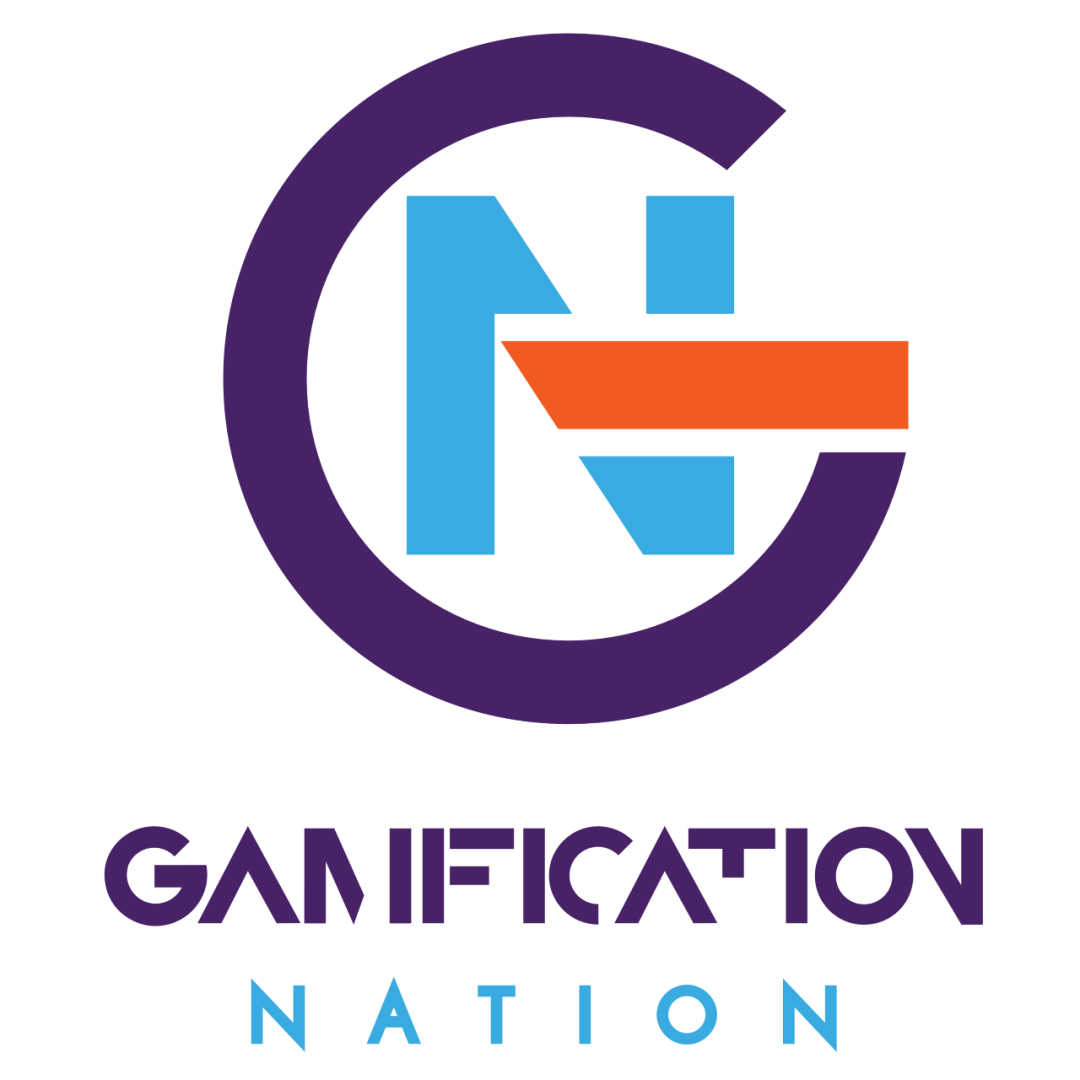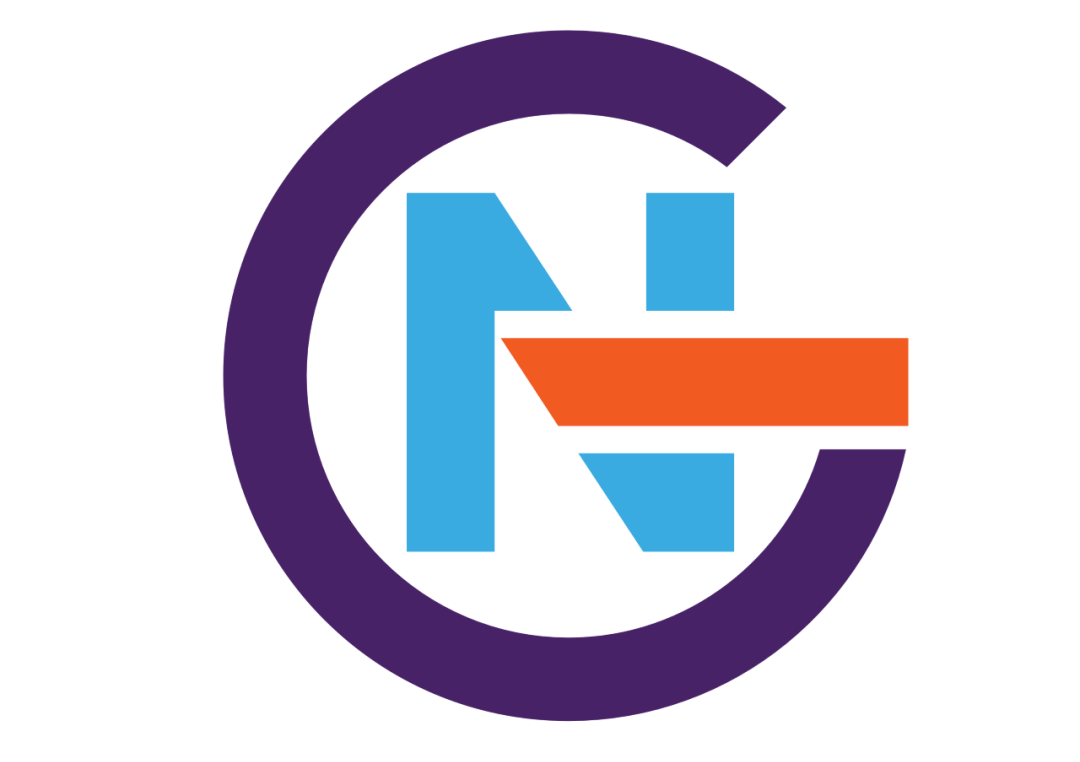The HR team in most businesses is often the team with the least budget to attract, train and retain employees. It is, therefore, no surprise that HR teams have to resort to creative ways of making sure their organisation and their open positions are noticed in the market. Hunting for talented staff members is no mean feat when you at best have enough budget for only one great outward-facing campaign every year and even that may mean compromising or de-prioritising other things for the company.
Competitive market pressures
In a competitive market, most recruiters tend to look at reward and benefits packages to attract the best talent but sometimes that is not enough to make you stand out from the crowd. Or for your company, you may know that you cannot compete on salary and benefits but you do your best to ensure that innovative spirit and great culture are front and center of your communication strategy. You may even have looked at becoming listed as a great place to work and maybe you are a great place to work at. It still may not attract the kind of talent in the numbers you need to fill all your open roles.
You may even have hired a recruitment agency or headhunters to find you the right fitting high fliers you are looking for. Or you may not have that luxury because you are the recruiter and that means you should have all the knowledge and time to work on it yourself or the company simply doesn’t believe in outsourced help. It has to be said some recruitment agencies are glorified salespeople who don’t care enough to understand and learn about your business and the requirements of talent but rather are so driven by commissions and throughput that they waste more time than they make you gain. If you have found an excellent fit, by all means, treasure them and give them enough information for them to deliver for you.
Let’s assume that all things being equal, your company is offering industry standard salaries and benefits, you have a good reputation and have interesting projects and jobs for people. In your industry this is the norm, so what else can you do to stand out from the crowd and attract that talent?
Standing out from the crowd strategies

Education through marketing or employer branding
The most tried and tested strategy for most HR teams is resorting to an annual campaign of employer branding. Either they work with their internal marketing team or an outsourced marketing or employer branding agency or even the corporate communications team and respective agencies.
The positives of this strategy are that you are in full control of the message, you control every aspect from brand to image to words etc. For today’s discerning candidate it may look staged and manufactured. It takes great skill to make it natural and feel as if it came straight from an employee without input from the corporate brand police.
Having a careers web page is the minimum starting point and really your company social media should feature some employee stories as well as client stories or maybe a combination of both. We will assume that you own a page and can invite or drive traffic to it. Your next tick box exercise is probably to have this replicated on LinkedIn and other social networks where you know your audience hangs out. The rule of thumb being that trendy networks have younger audiences and more established networks more mature audiences. However they change and follow the news to see if any of them align with your corporate strategy or not first.
Making social media your friend
Find the incluencer within the company. Someone naturally talented to share about their job without it looking or sounding scripted and keeping the company secrets, well secret. We have seen some great examples of unusual roles sharing how they work. A story I recall from a conference was from a chef on an oil rig who became a success on Facebook with his weekly recipes whilst sharing the challenges of needing to provide food for a high number of people with limited resources (equipment, space, food delivery schedules impacted by weather etc.).
In the day and age where personal branding is important, we see more and more employees wanting to knowledge share for their own career development and personal influence. Some will naturally find a flair to make it entertaining and interesting and others will simply stick to sharing knowledge laden content. Either can work as long as give you give enough freedom and some realistic boundaries too. The reason why it worked for the chef is because the company was mainly encouraging rather than controling the message. They chose to keep it authentic rather than on corporate brand. The simple rule can be ‘if you think it will hurt your job and the company, then don’t say or share it’.
For some senior leaders this may still be a risky strategy and with a lot of influencers being manipulated by algorithms to say and do more outrageous things, you may choose to stay clear of this option.
A game as a way to attract talent
Games are the medium of choice where people of all ages spend up to 8 hours a week voluntarily. Since the beginning of the pandemic the statistics have seen news, games and social media as the top consumed media for all age groups, the order of priority can be different but all have these 3 in their top entertainment mix. We already covered the other 2 as ways of standing out from the crowd, so let’s consider games too.
But you are a serious company, so should you even consider games? It is a comment we often hear especially from people who have no time for games or never felt they were for them. Yet when I dig deeper, most companies have hosted corporate golf, tennis, squash, football, etc, etc outings, either where they were simply spectators or where they actively took part. For years business is being done in and around sports events (and other events too), so consider games for recruitment in this similar context.
A good recruitment game is aligned with your company values, it shows some aspects of what it can be like inside the company. Games can be as simple as a personality style quiz with a report at the end or a lot more complex where people really try out what it could be like to work in your company in a specific role. They can serve the purpose to educate about what your organisation does and finds acceptable.
Recruitment games can also test whether a person is at all suitable to take a role at your company. Think of those kinds of games like a combination of competency testing and brain teasers or puzzles. Getting those right is important and will take some effort on your part to give input to.
An example I often quote is an old one from a postal service in France where potential candidates tried out being a postperson for a number of days and encountered several challenges along the way from bad weather to dogs, to needing to wear a specific uniform and respect a code of conduct. It reduced the number of applications initially, but the ones that did go ahead all the way to interview and being hired typically stayed for longer and were a better fit. One recruiter said the rose-tinted glasses of walks in the sun were removed.
Games that offer a day in the life experience
In our work designing custom games for recruitment, onboarding and learning we have had some fun with applying the right kind of game for a company, a role and perceptions in the market that HR teams wanted to demystify.
Through the DASA defence accelerator in the UK, we worked on an employer branding game specifically for engineering roles in the Royal Navy. What was key is to find out what type of person applies for an engineering role here as opposed to a land-based one. To reflect the variety of roles and kinds of things a navy does we built an adventure game with several puzzles style challenges to look for those with a curious and problem solving mindset. The focus for the employer was to showcase the breadth of things a navy does in peace time rather than the assumption most people when they think about a defence force.
Just before the pandemic, we working on an educational style MOBA game. A MOBA is a massive online battle arena game. The idea being that the battle arena reflected to work environment where team work and high pressure were key and language skills in customer service were the battle amunition. Unfortunately this game never got finished for a variety of reasons including the pandemic. If left to our own creative freedom and given a good 6 figure budget, we would still love to see this one go to market.
Currently we are working on a tinder style game where candidates select between a variety of images to find out more about themselves but also to find out if the they are a fit for the company. Another one in production is an endless runner game for a pharmaceutical company where players get a feel of what it means to work in the various locations and a very high level overview of the day in the life at work. Both are aimed at attracting more people and stopping them in their scrollign tracks with something that takes more effort than reading a job description.
The aims of the companies we have worked with on games has always had an element of reflecting back culture, values and role requirements in it.
Speak to us if you are in the market for a game to help your recruitment efforts stand out from the crowd.




